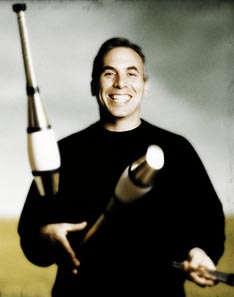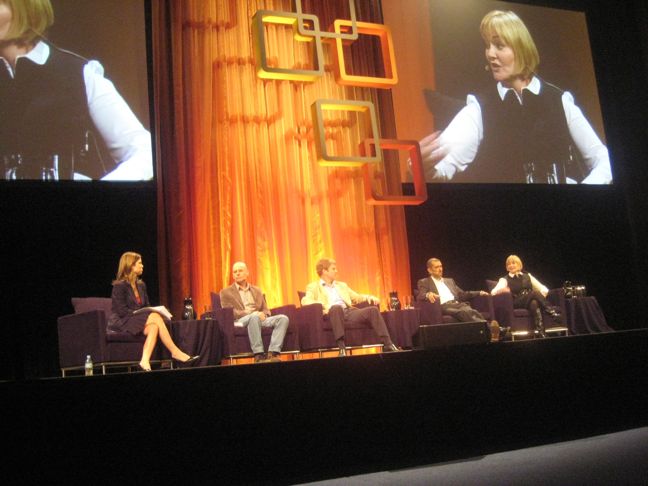 WHILE the body is going to decline with age and our joints become worse for wear, the brain is not geared towards ageing, according to American Michael Gelb, world leader in accelerated learning, speaking at the annual Mind and Its Potential conference in Sydney last month.
WHILE the body is going to decline with age and our joints become worse for wear, the brain is not geared towards ageing, according to American Michael Gelb, world leader in accelerated learning, speaking at the annual Mind and Its Potential conference in Sydney last month.
Gelb, who has had his knee and hip replaced, says: ‘‘As a sportsman I know only too well the wear and tear on joints and ligaments as time progresses.’’ But the brain, according to Gelb and other leading neuroscientists at the conference, is primed to keep growing and improving. The brain cells we lose as part of natural attrition are minor in comparison to the brain synapsis and neuro pathways we already have, and can develop when we use this vital organ properly. It’s not ‘‘Use it or lose it’’ but ‘‘Use it or it will stay dormant’’. But it’s all in there, and we can get it back, says Gelb. Continue Reading →




